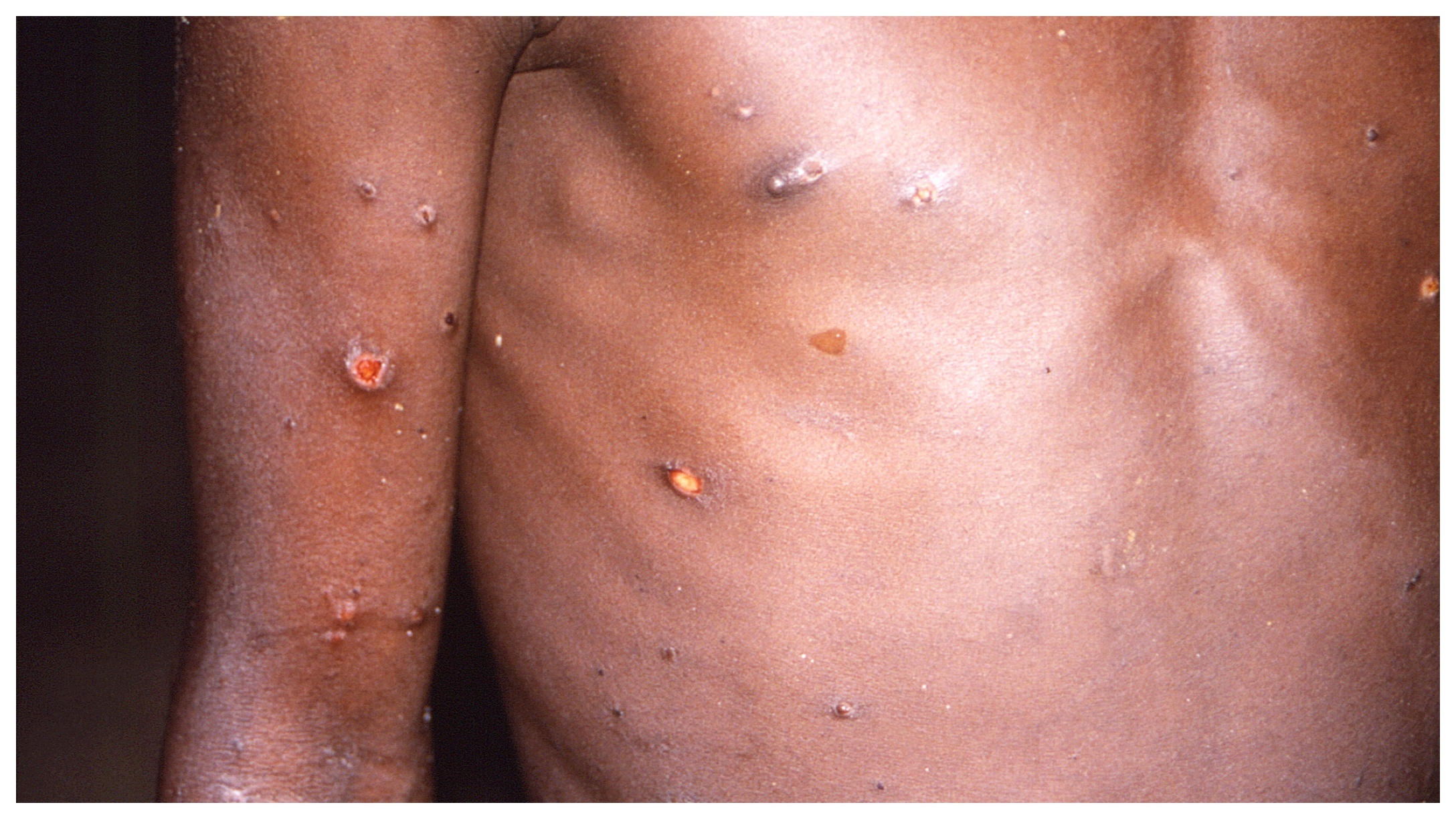
Monkeypox has entered the United States, and with at least 200 confirmed or suspected cases globally, people are understandably on high alert. But health officials say it's not time to panic.
There is currently one confirmed case and six presumptive cases in the US. Those cases are in Massachusetts, New York, Washington state, Utah, and Florida. According to the Centers for Disease Control and Prevention, the risk remains low.
"This is not COVID," Jennifer McQuiston, deputy director of the Division of High Consequence Pathogens and Pathology at the CDC, asserted on Monday.
Of course, given we still aren't out of the global health crisis, people are concerned about another virus coming to the US. But here's what you need to know about monkeypox. For starters, monkeypox is similar to smallpox but much less severe. Symptoms include headache, fever, and backache. Swollen lymph nodes are also common. Then a rash similar to chicken pox that turns into pustules appears.
The virus is spread by close contact, but health officials say it's much harder to spread than COVID.
According to the CDC, the US government is in the process of releasing some vaccines from its national stockpile. However, there is no need to vaccinate the general public. Vaccines will be given to those who have been exposed.
Of course, more cases are likely to emerge. Because the virus is spread by close, intimate contact, and the cases present in the US are within the LGBTQIA+ community, officials are hoping to raise awareness among those who identify as gay or bisexual.
"I think that we need to pay close attention to the communities in which this might be circulating, so that we can communicate effectively with them and help bring this outbreak under control," McQuiston said.




